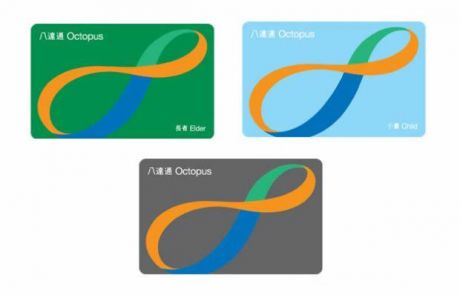Hong Kong Currency Notes:
Usually, a country or government has a central institution like a central bank to issue money. Hong Kong is in this regard very unique and special. Currently, three banks are allowed to issue currency notes: The Hong Kong and Shanghai Banking Corporation Ltd. (HSBC), the Standard Chartered Bank and the Bank of China (Hong Kong) (BOC). All issued bank notes are fully backed by the US dollar reserves held by the Exchange Fund.
The currency in Hong Kong is the Hong Kong Dollar (HK$) and currency notes are issued in HK$10, HK$20, HK$50, HK$100, HK$500 and HK$1000.
Coins are issued in HK$ 0.10, HK$ 0.20, HK$ 0.50, HK$ 1.00, HK$ 5.00, HK $ 10.00.
In addition to the old fashion “paper” notes, the first polymer bank note has been issued in Hong Kong in July 2007.
So don’t be confused if you exchange your money to HK dollar and suddenly have three different looking HK$ 100 bank notes. The notes and coins released before Hong Kong Handover is still in circulation. So sometimes you can see the coins with the head of the Queen of Britain.
For your reference:
exchange rates Hong Kong dollar to US dollar is about: US$ 1 = HK$ 7.80
exchange rates Hong Kong dollar to Euro is about: Euro 1 = HK$ 10.50
The Chinese RMB is treated as a foreign currency.
Money Exchange:
In Hong Kong, money exchange is very convenient. You can find almost everywhere the small exchange stores and most of them charge 0% commission fee. If you arrive by plane, you can exchange the money in the airport, although to my opinion it’s not a best rate there. You also can choose to exchange in the downtown area and the exchange rate is more or less similar. As to counterfeit notes, years ago there was the case of counterfeit HK$1000 notes. It has high simulation that gives the banks and policeman a headache. So if you don’t have confidence to distinguish it, just try to avoid accepting and using HK$1000 notes.
More Important Information You Need To Know



















